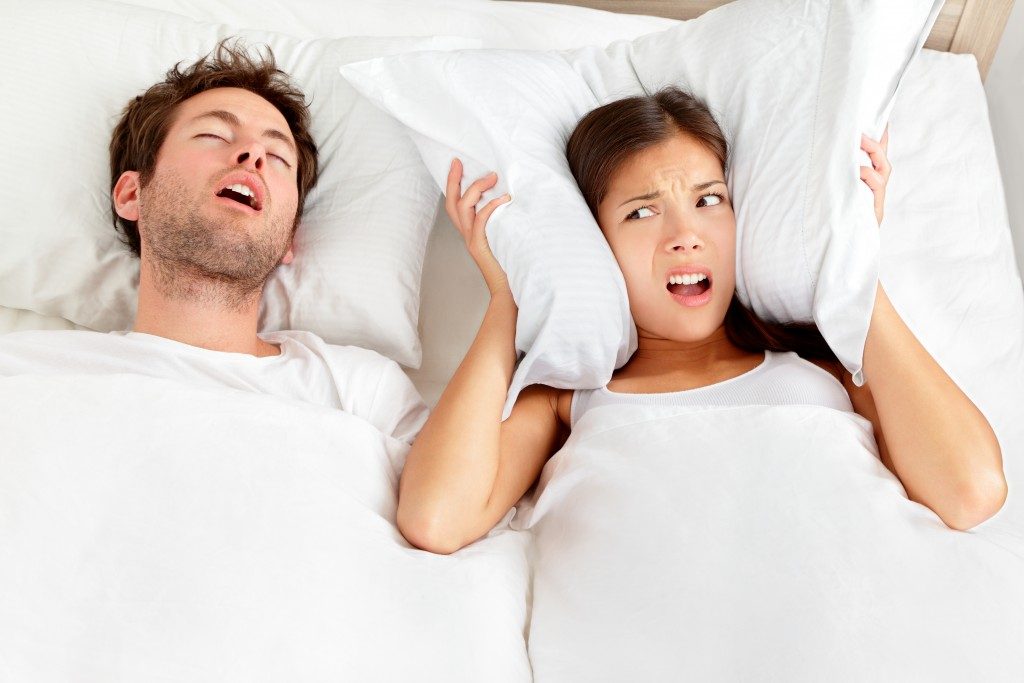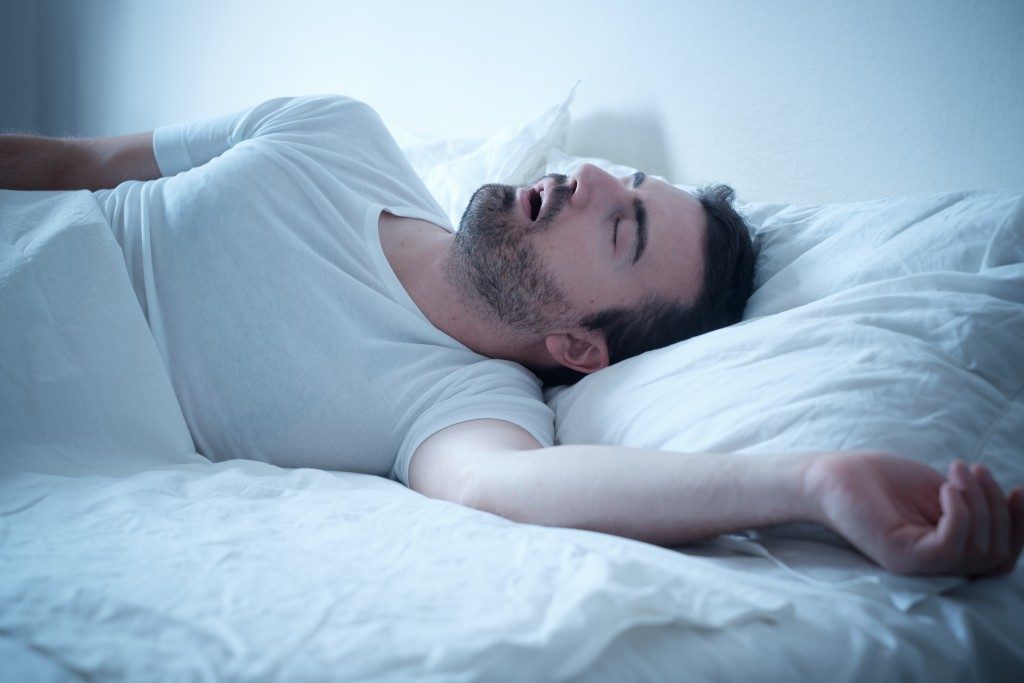Obstructive sleep apnea is a condition wherein a person stops breathing periodically throughout the night because the airways close up briefly. The stops in breathing usually last for about 10 seconds, and then followed by loud snorts, gasps, or even choking sounds. This is because the person’s body is fighting to breathe again.
There are many health issues associated with sleep apnea. It also has an effect on your teeth that you may even need to consult an experienced endodontist in Littleton to check whether the possible tooth decay due to sleep apnea is triggering your need for a root canal treatment.
Cracked or Worn Out Teeth
When a person is dealing with sleep apnea, he or she may grind or clench his or her teeth while sleeping. Medically, this is called bruxism. Though bruxism is a common condition that may happen even when a person is awake, it is more common among those who are suffering from sleep apnea. According to studies, one in every four people who have sleep apnea grinds or clenches or gnashes their teeth during sleep.
Over time, this condition can cause tooth sensitivity and cracked or damaged teeth. If you notice that you have tired and tight jaw muscles or sensitive teeth, you may unconsciously be suffering from sleep apnea.
Jaw Pain
If you wake up with pain in your jaw, you might have clenched your jaw tightly while you were asleep. Sleep apnea also causes temporomandibular disorder (TMD), the most common of which is temporomandibular joint disorders (TMJ) wherein the jaw joint and the muscles that control jaw movement causes pain.
The pain associated with TMJ disorders is temporary and a dentist can prescribe a simple medication to help relieve the pain. Surgery is often not an option for people who suffer TMJ disorders unless all conservative measures have been taken.

Higher Risk of Cavities
Because the airways are obstructed when people suffer from sleep apnea, they tend to breathe through their mouth. This habit can dry out the saliva, which can then lead to tooth decay. Your dentist will notice that there is an increased enamel erosion and cavities in your teeth.
Although cavity decay is nearer to the surface of the teeth, the soft tissue inside your teeth can become infected. A root canal procedure is necessary when this soft tissue is removed because of infection.
Dental Appliances for Sleep Apnea
Dentists can help alleviate the symptoms of sleep apnea. They may recommend the use of tongue retaining mouthpieces and/or mandibular advancement devices (MADs). MADs look like sports mouthpieces and retainers. They keep the throat muscles and tissues from collapsing back into the airways and acting as obstructions.
A tongue retaining mouthpiece, on the other hand, has a small compartment wherein the tongue will fit so that the suction can keep it from falling back and obstructing the airways.
The next time you hear about someone suffering from sleep apnea, advise them to see a dentist, too, so their sleep and dental problems can be addressed immediately.

